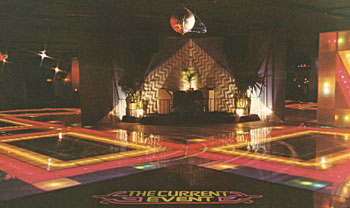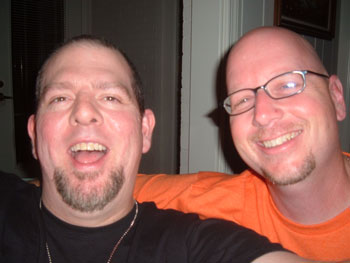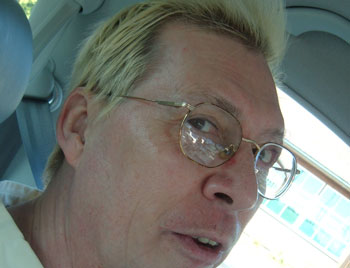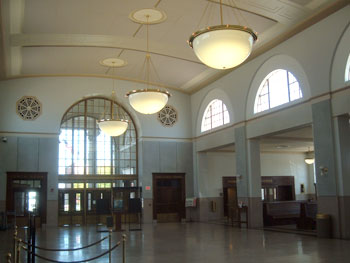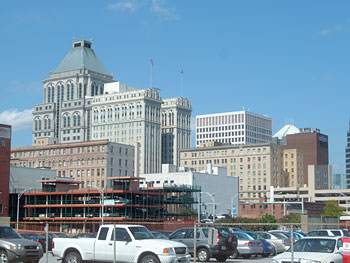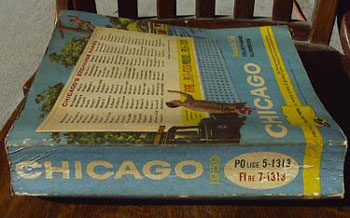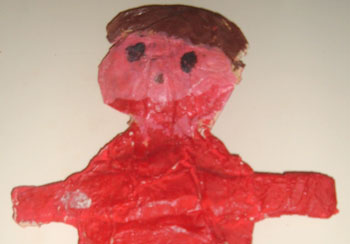
Among the interesting things I’ve found in the many boxes of stuff I’ve liberated from my parents’ storage building:
- Several of the long-lost journal entries of 1988 and 1989, covering my decision to go back to school and some of my seemier “Farewell to Charlotte” escapades. I’ll post some of them here if they turn out to be interesting.
- A toy supermarket I had as a child and had almost forgotten.
- Credit card receipts from my trip to New York and Boston in 1988.
- My exciting seventh-grade report entitled “The Hummingbird”.
- A whole shitload of letters to various people that I wrote but never mailed.
- Band flyers, band flyers, and more band flyers.
- The very strange object you see pictured above. I’m not entirely sure what it is. Or was. I’m thinking pre-Columbian art, but I could be mistaken.
Pictures and text from two recent visits from friends yet to come…
